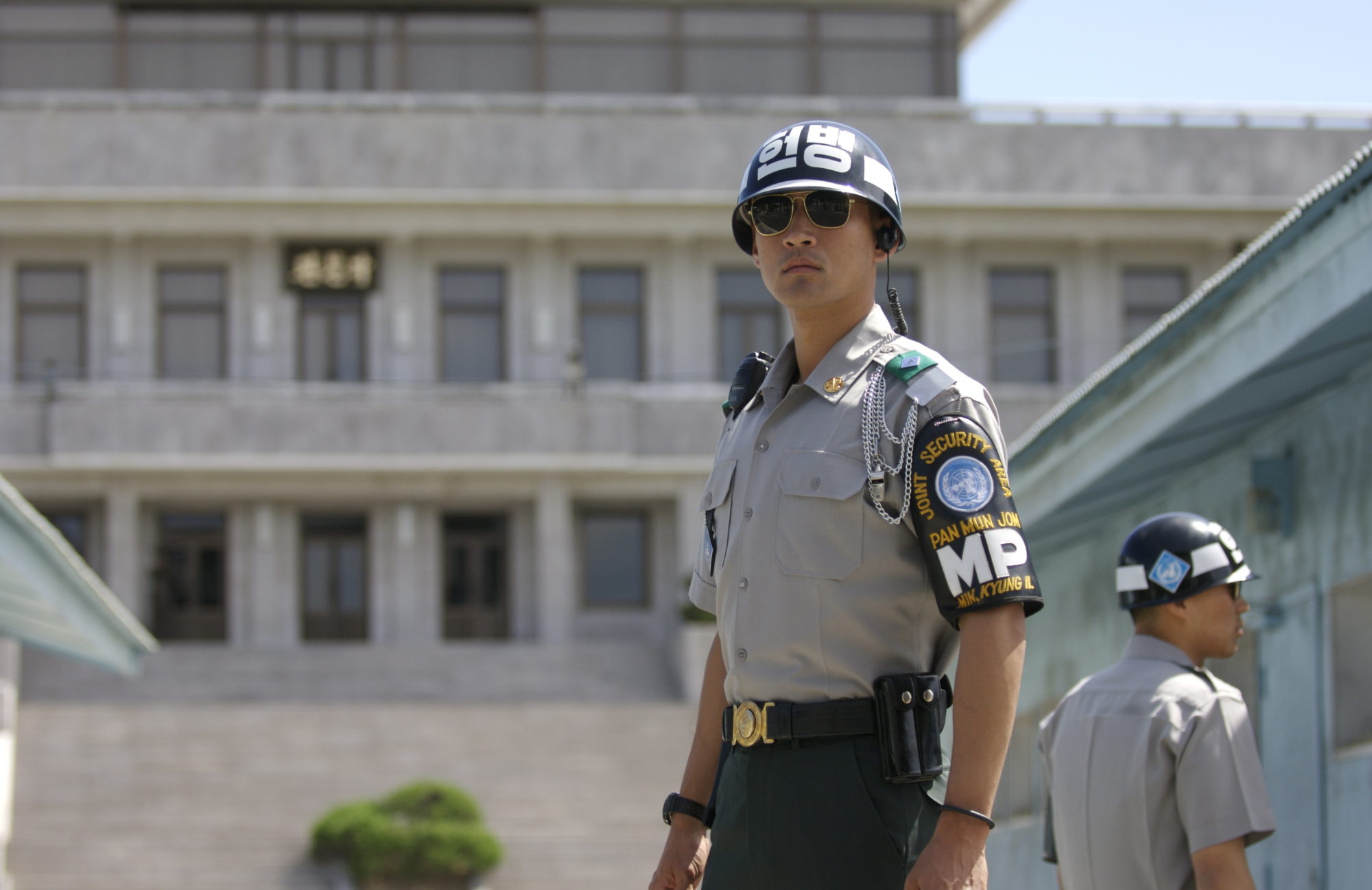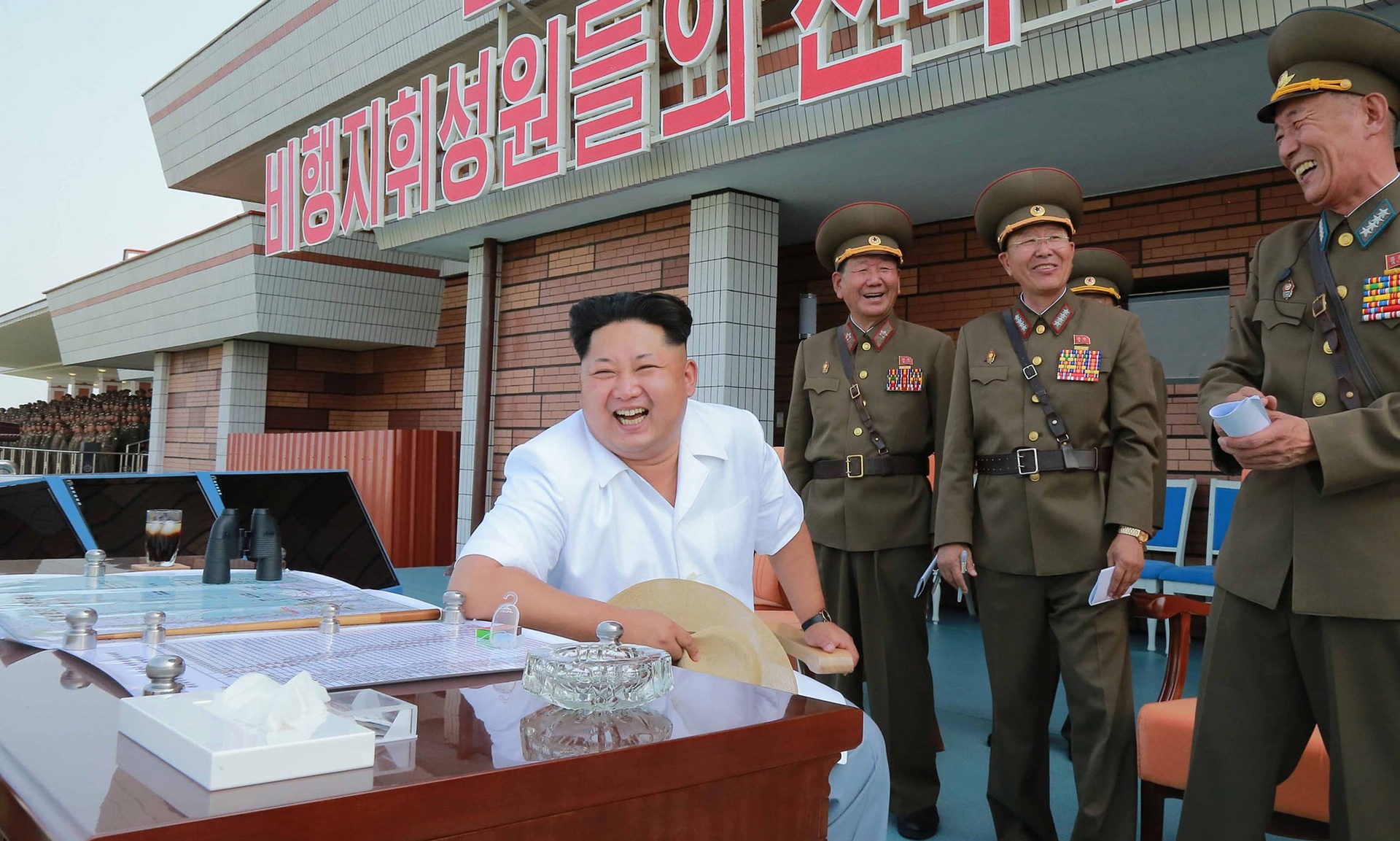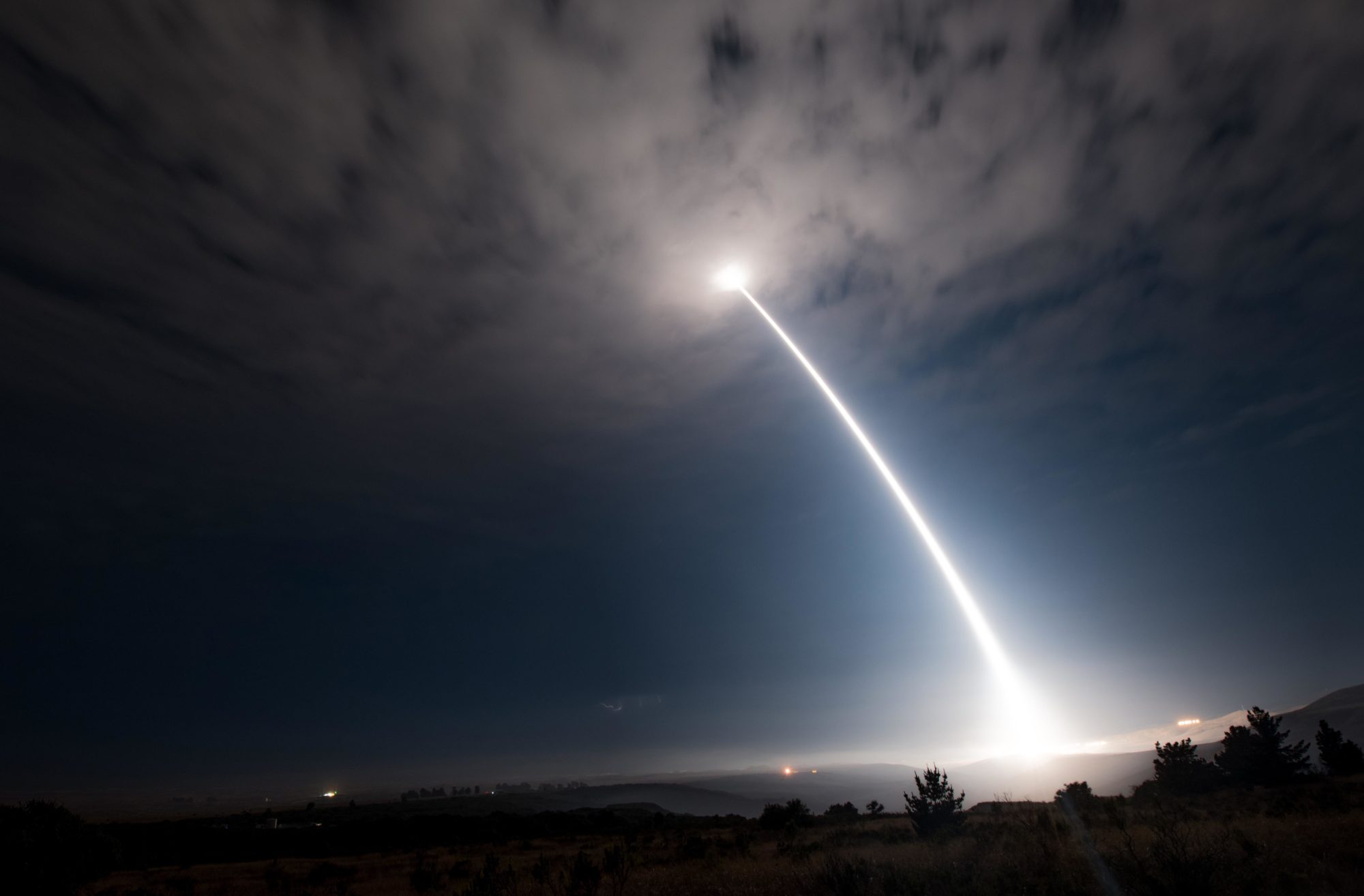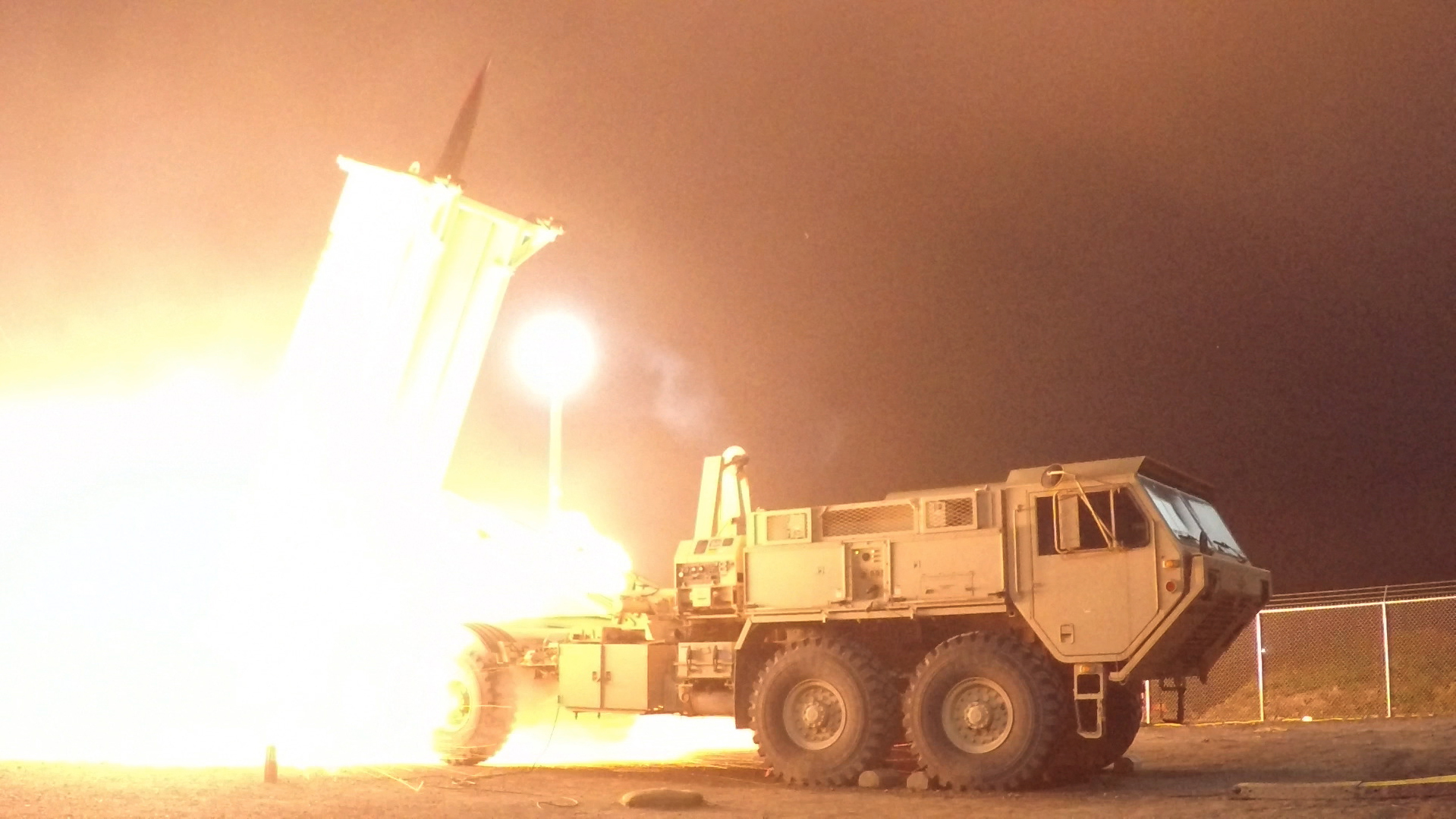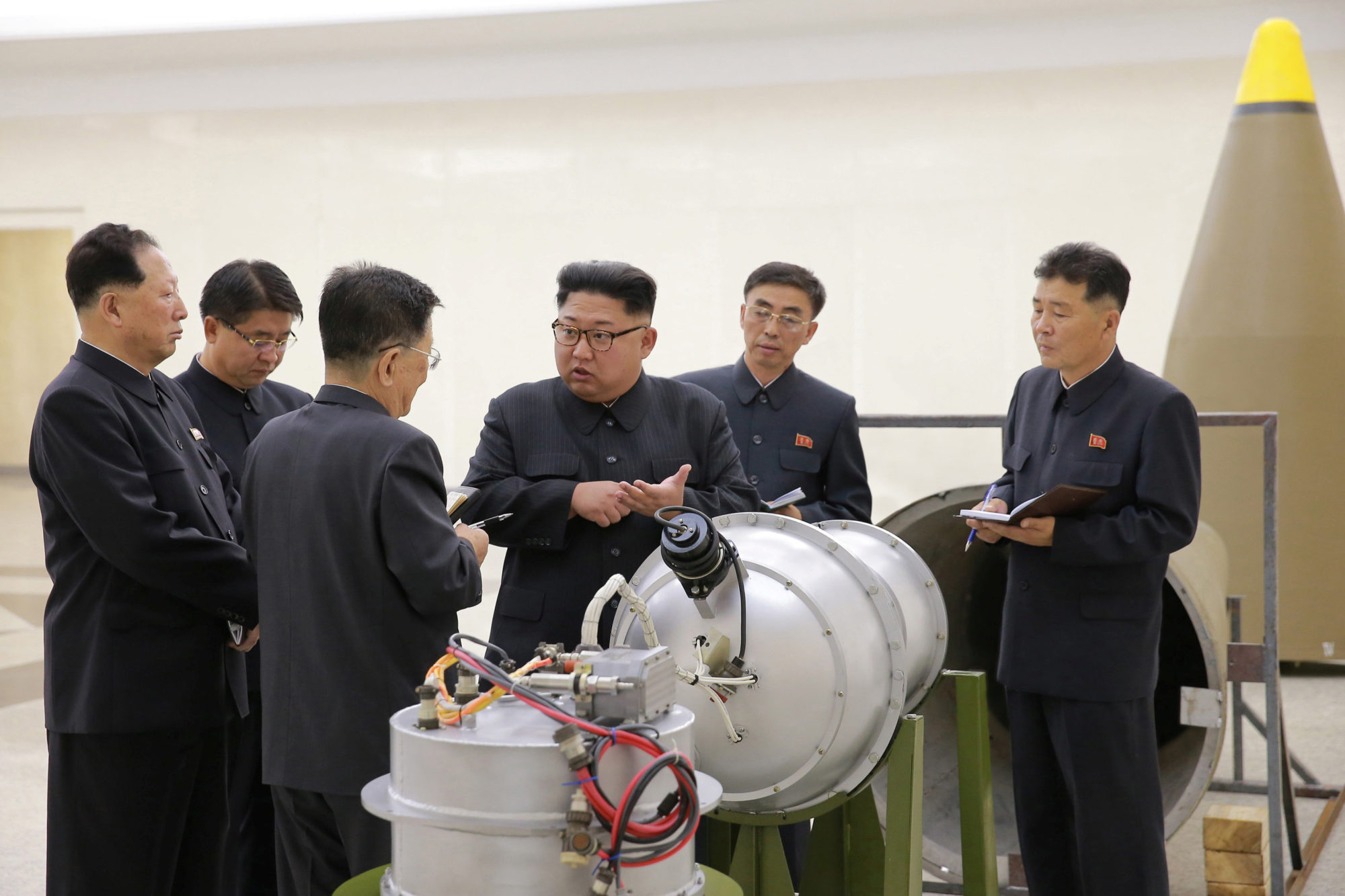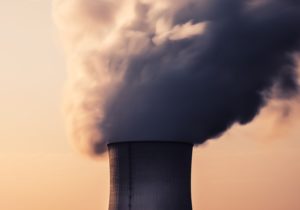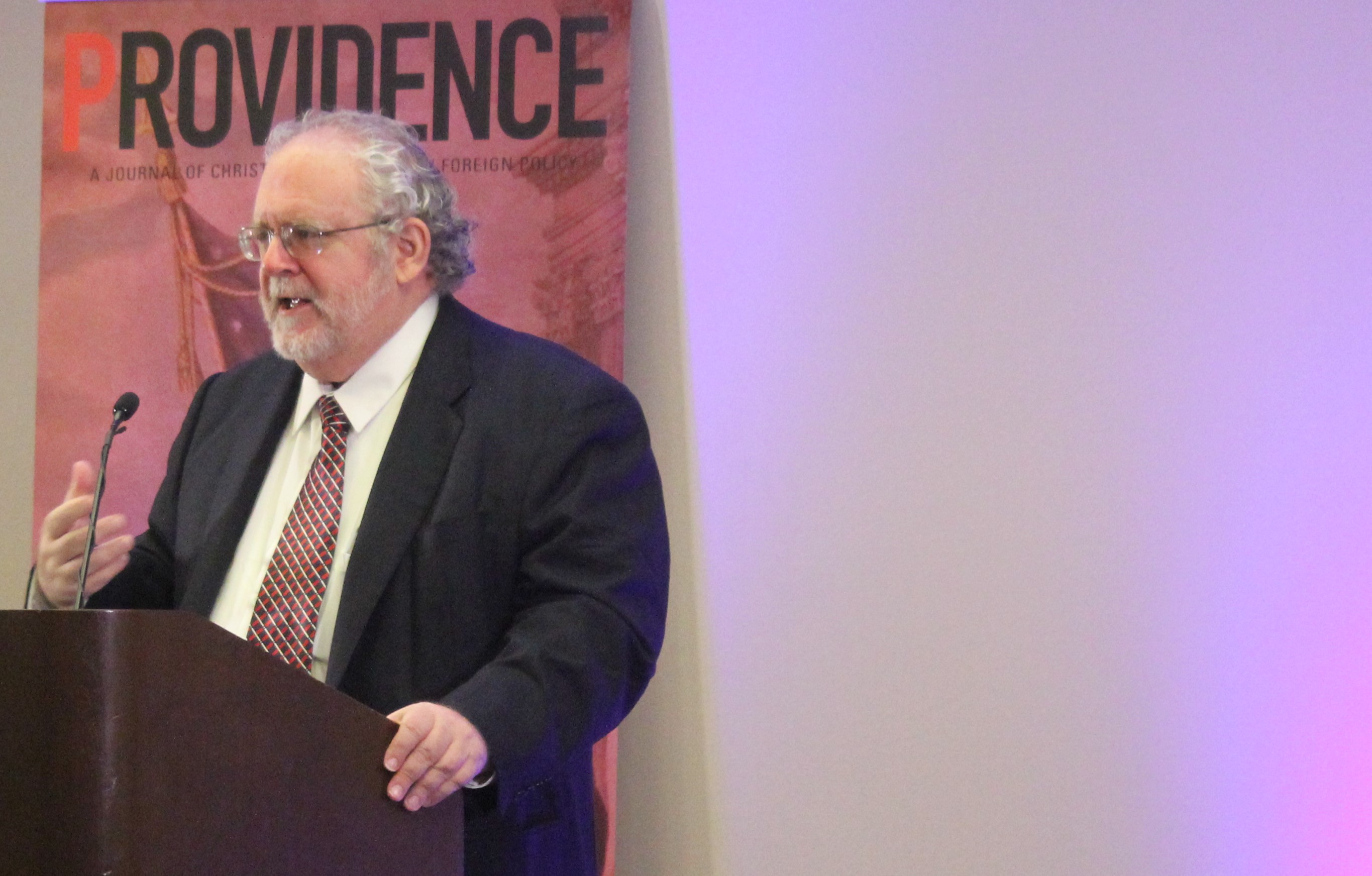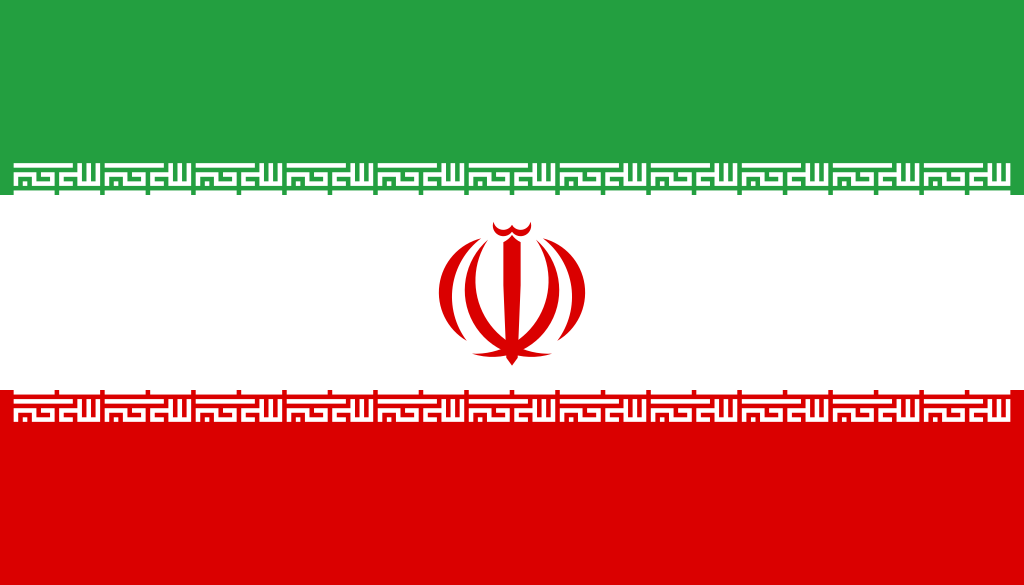What to Expect from the Inter-Korean Summit
The US and South Korea should have contingencies ready in case negotiations with North Korea don’t go as planned.
Olivia EnosApril 26, 2018
Can We Truly Reason with North Korea?
Keeping in mind North Korea’s record of dishonesty, President Trump would do well to keep the arrows of US force close at hand, even as he extends the olive branch of peaceful negotiation.
Nathan HeathMarch 29, 2018
Trump’s Nuclear Posture Review Defends America
The United States must be able to convince our adversaries that Americans have the will and capability to inflict punishment on them in response to an act of aggression such that they would not carry out the act of aggression in the first place, and so the United States won’t have to inflict the punishment it promises.
Rebeccah HeinrichsFebruary 5, 2018
Missile Defense: Insurance Against Mistakes, Miscalculation, and Madmen
As the number of missile-wielding states grows and as the nuclear club expands, the likelihood of a missile being unleashed against the American people or their allies—whether by mistake, miscalculation, or a madman—also grows. Missile defense doesn’t eliminate the danger, but it does give us a fighting chance to confront it.
Alan DowdDecember 7, 2017
When Human Rights Violations are a National Security Issue: The North Korean Slave Trade
While realists and liberal internationalists typically argue about whether the goal of foreign policy should be to achieve pragmatic objectives or to support our fundamental beliefs about the value of human lives, adherents to either school likely would agree that working to end the scourge of the North Korean slave trade meets the threshold for action.
Megan ReissNovember 21, 2017
Matthew Kroenig Lecture: “Ethics & Nuclear Weapons”
The following lecture was recorded during Providence’s 2017 Christianity and National Security Conference. Matthew Kroenig discusses the relationship between ethics…
Matthew KroenigOctober 19, 2017
Day 1: The Providence Christianity & National Security Conference 2017
Video links to the presentations from the 1st day of the Providence conference reflecting on the intersection of Christian intelligence and foreign policy
The EditorsOctober 19, 2017
Abolish Nukes: ICAN Cannot
The International Campaign to Abolish Nuclear Weapons has won the Noble Prize for Peace. For a fiction.
Daniel StrandOctober 16, 2017
The New U.S. Iran Strategy
The fundamental problem with the old strategy is that it didn’t address fundamental problems: this one does
Rebeccah HeinrichsOctober 13, 2017
